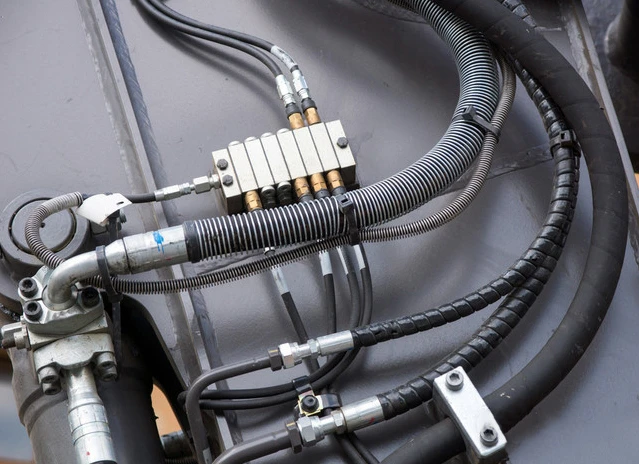

- Pressure Rating The hose must be selected based on the system's maximum operating pressure, including potential pressure surges. Exceeding the pressure rating can result in hose failure, which is both hazardous and costly. - Temperature Range Both the fluid temperature and ambient temperature must be considered. Exposing a hose to temperatures beyond its recommended range can lead to degradation or unexpected failure. - Chemical Compatibility Ensuring that the hose material is compatible with the hydraulic fluid and any present chemicals is crucial to avoid premature hose degradation. - Size and Length Proper sizing ensures efficient fluid transfer and minimizes pressure loss. Incorrect length can cause unnecessary strain or abrasion, leading to reduced service life. Selecting the appropriate hydraulic hose is not just about understanding the specifications but involves a comprehensive assessment of the application's environmental and operational conditions. This demands a balance of experience, expertise, and authoritative guidance on materials and construction technology. Industry authorities recommend regular maintenance and inspection schedules as part of a proactive management approach to extend the life of hydraulic hoses. This includes checking for signs of wear such as kinks, abrasions, and leaks, and replacing hoses as necessary to maintain system integrity. In conclusion, each type of hydraulic hose has distinct characteristics tailored for specific applications. Professionals must leverage their expertise to navigate these choices, ensuring optimal performance and safety. The right hydraulic hose not only enhances operational efficiency but also contributes significantly to reducing downtime and maintenance costs, leading to overall system reliability and trustworthiness.
Previous:
Next:
OUR LATEST NEWS
Strict quality control strict production team to ensure stable products quality. Scientific personnel management, efficient production arrangements to ensure our timely delivery.
Product Application





















